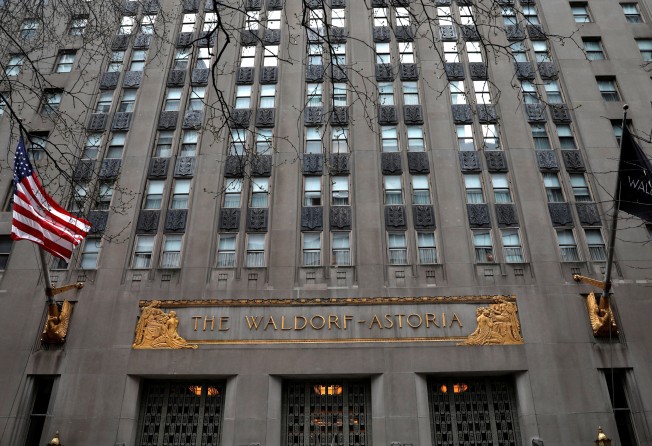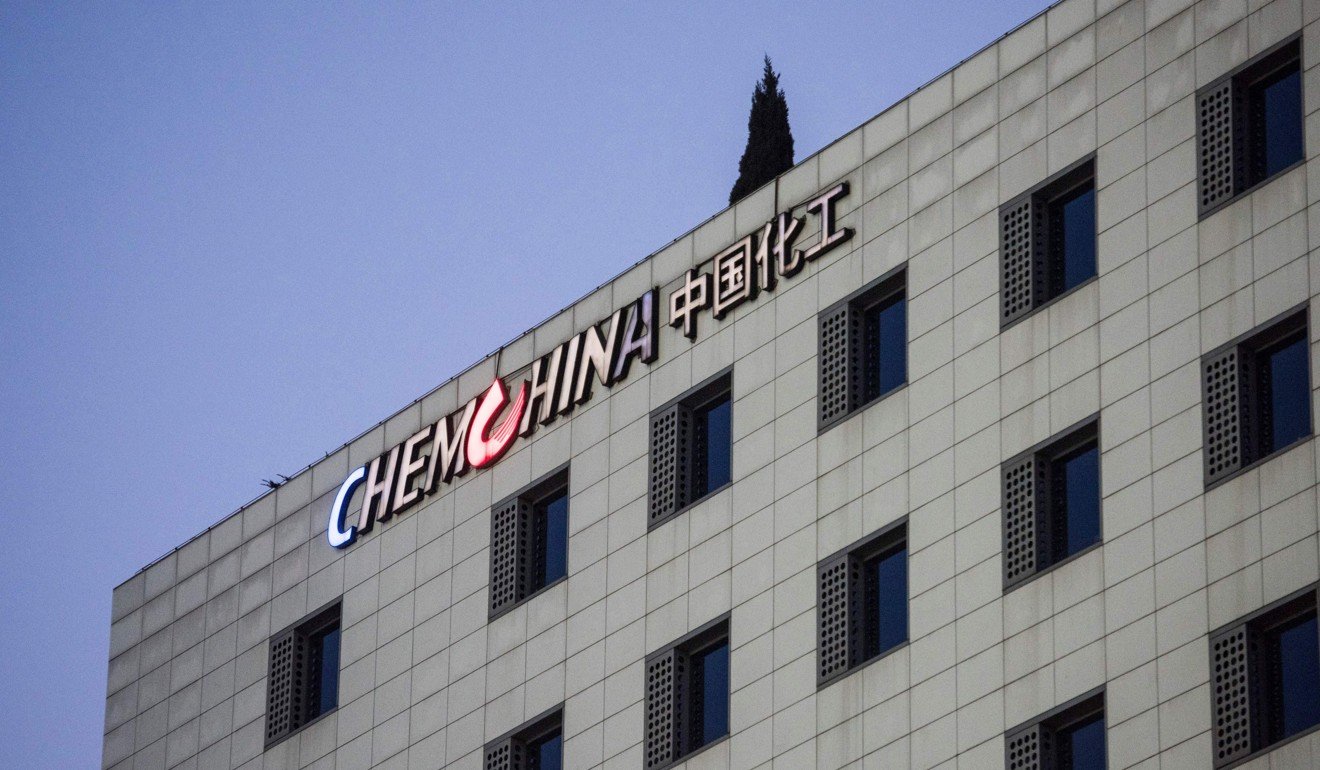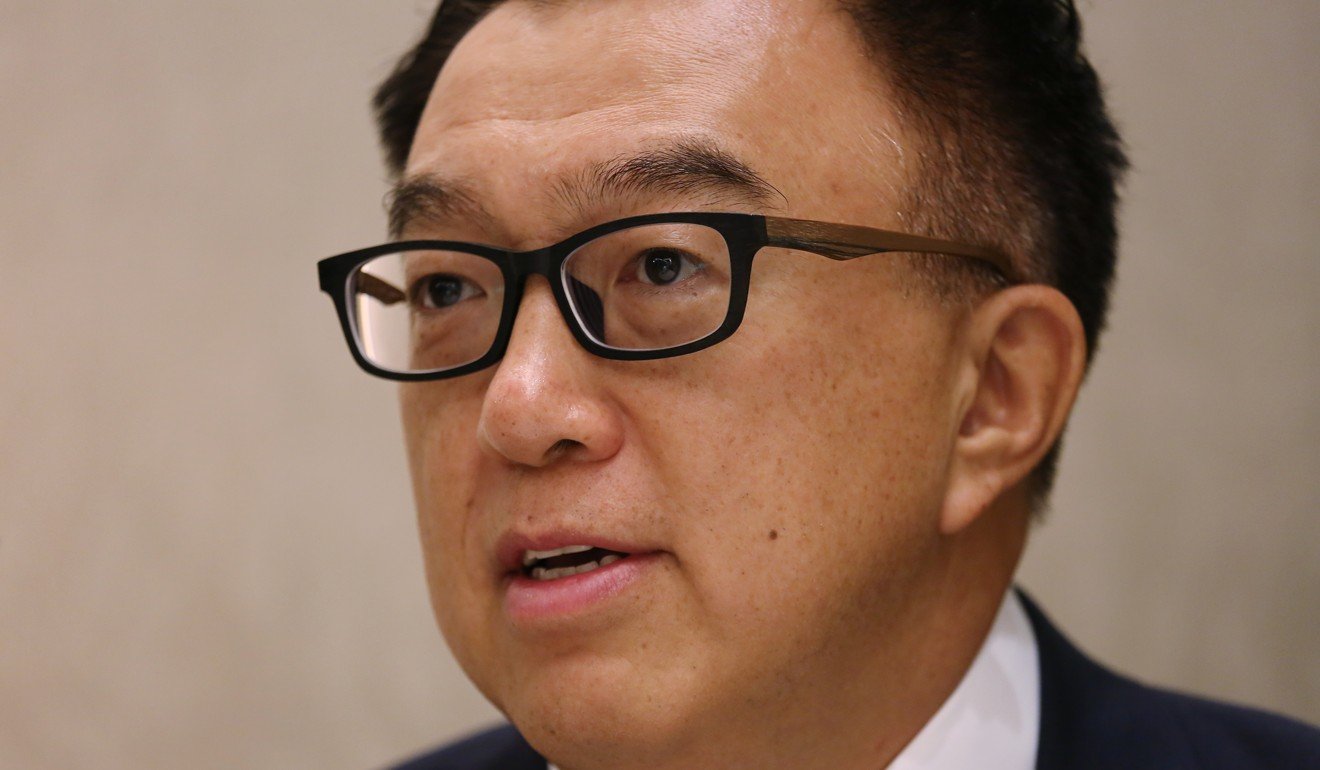China’s overseas acquirers export capital and leave a ‘black eye’ for others investing abroad
Bankers and analysts say Chinese investors need more localised services to help them navigate and avoid pitfalls in overseas markets

China’s aggressive overseas acquisitions in the past few years have not only exported plenty of capital, gaining a spot in global deal league tables, but also less desired leftovers: stalled projects and abolished assets.
With Chinese capital inflows into foreign markets slowing on Beijing’s tightened controls, those who were acquired are beginning to feel the pain. New York city’s landmark Waldorf-Astoria hotel, bought by Anbang Insurance Group in 2014 for US$2 billion, is one.
The hotel has been closed for renovation for more than half a year since March 1, but work has yet to start with the US$1 billion renovation bill left hanging after Anbang’s once high-flying chairman Wu Xiaohui was taken away by Chinese authorities for investigation in early June.
While bankers said Beijing had ordered Anbang to sell the hotel in late July, no white knight has emerged so far.
“The most iconic hotel in New York is slowly decaying through neglect. A big black eye for all Chinese companies looking to invest. They [Chinese buyers] come across as untrustworthy, which is a PR disaster,” said Fraser Howie, a former banker in Asia who co-wrote three books on the Chinese financial system.
But in a statement to the Post, Anbang said they were “on track” to begin construction work this autumn. The company said they had spent four months until August “liquidating the non-historic items from the hotel, advancing design plans and securing permits, and carefully removing the hotel’s most prized historic items for safe storage”.
The problem is not just in the US. In early March, Country Garden, one of China’s biggest developers, shut all sales centres in the mainland and halted sales for its flagship Malaysian housing project as Beijing intensified its crackdown on capital flight.
The developer is dealing with ongoing disputes with some buyers demanding refunds of their deposits, as the government’s curbs covered tightened checks that bar large-scale outbound money transfers by Chinese citizens.
In China, abolished projects and distressed assets across industries, particularly in real estate, are common, often by-products of the economic and state sector restructuring over the decades.
As Chinese companies expand abroad, they confront a very different landscape and mechanism that they may not be well-equipped to address.
Analysts and industry insiders said the push to go global remained keen, but Chinese investors needed more professional guidance.
This is where mainland Chinese former investment bankers who have worked overseas believe they can play a role.

Greg Peng, CEO and founding partner of Cindat Capital Management, a real estate focused private equity company, said there was a great need for a proxy that is familiar with overseas markets and rules to guide Chinese investors.
Peng, a former Merrill Lynch banker said, demand “was still very high” from these investors to deploy overseas assets, especially in the real estate sector, despite Beijing’s curbs on outbound investment since late last year.
“Chinese investors need more localised services to guide and manage their investments, to avoid pitfalls in overseas markets,” he said.
Some senior managers in state-owned companies faced an annual cap on the number of overseas trips they can make, which hinders the management of overseas projects, he added.
Cindat was established together with Cinda Asset Management, one of the big four state-owned bad debt managers, in 2013.
Peng said many Chinese developers use Chinese methodologies to manage their overseas projects, which may not work.

To avoid such obstacles, Peng said his firm had capitalised on the expertise of its on-the-ground teams and drawn up deal structures that align with the interests of local partners.
He said an effective tactic was to negotiate deal structures that ensure significant “skin in game” by local partners that hold a smaller stake to Cindat’s.
The structure incentivised local partners if they hold a considerable equity interest (at least 20 per cent) of the project, and also diminished risk for Chinese investors, he said.
Chinese investors need more localised services to guide and manage their investments, to avoid pitfalls in overseas market
“We have been avoiding those fancy, egoistic projects with large developers, and cooperated with many mid-sized local developers who have greater expertise in their respective markets and focused attention in their projects, but are not necessarily that strong in attracting capital.”
So far, the company has invested about US$1.7 billion of equity capital in more than US$6.5 billion worth of real estate assets in global gateway cities including New York, Chicago, London and Sydney, with limited partners ranging from the country’s biggest life insurers to asset management companies.
According to Peng, senior care properties in the US are becoming one of Chinese institutional investors’ most sought-after types of asset. In the first half of 2017, Cindat completed a US$1 billion deal to take over a portfolio of senior care homes in the east and west coasts of the US. Investors include two Chinese insurers and one asset management company.
“The [Chinese] authority is most concerned about irrational, illiquid overseas investments made by some private enterprises using short-term funds borrowed from onshore banks or raised from small retail investors,” he said.
“Asset allocation plays by larger state-owned financial institutions are not restricted and will continue for the years to come.”
Corporate and individual investors had poured a record US$101.4 billion into international properties in 2016, according to a report released by Juwai.com, a major property website in early July.
More than half of the investment went into the US market, according to the research.
It estimated that the total investment amount for this year would be about US$80 billion.
Last month, JLL projected that China’s outbound investment into commercial properties this year would at least match the US$30 billion recorded for 2016.
Just a decade ago, Chinese commercial real estate outflow was less than US$1 billion, it said.